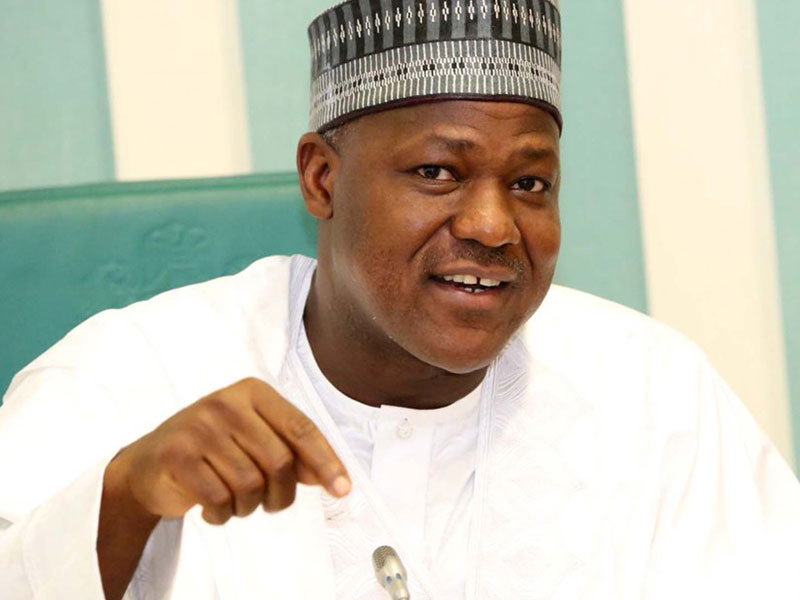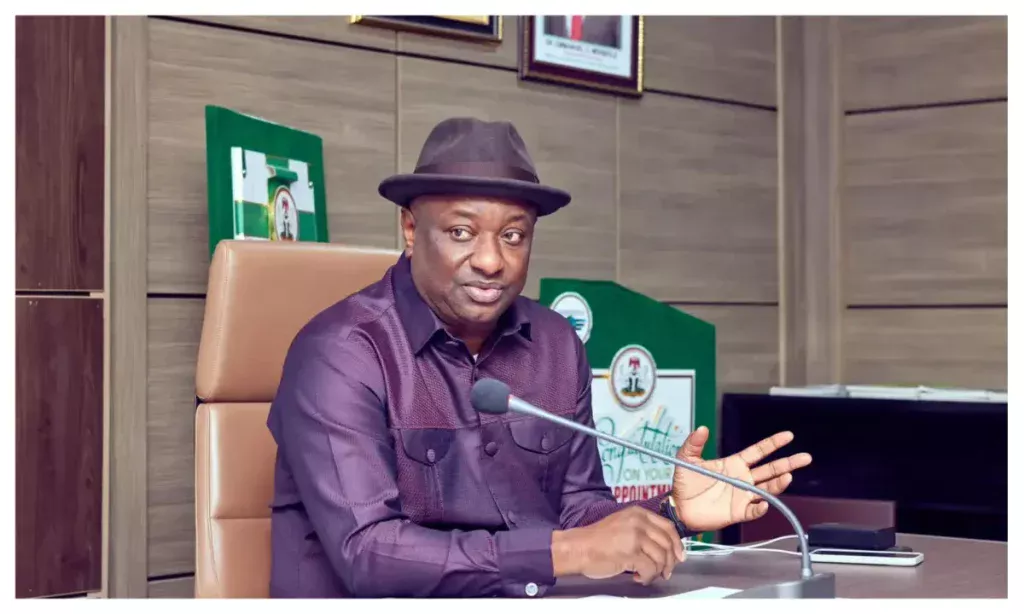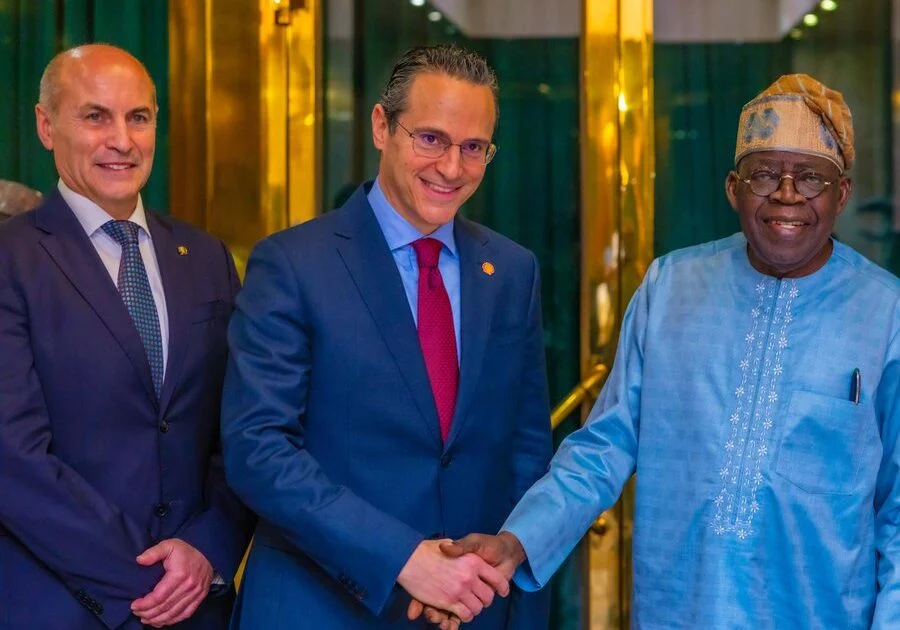Sudan’s Minister of Minerals, Nour Al-Da’em Taha, has announced the formation of a strategic committee to secure mining activities across all states in the country. This move is part of a broader effort to organize and regulate the mining sector, which is critical for Sudan’s industrial and strategic development.
During a visit to the River Nile and Northern States, Minister Taha met with state officials, including the Wali of River Nile State, Dr. Mohamed Al-Badawi Abdelmajid, to review the performance of the Sudanese Mineral Resources Company. The meetings focused on addressing technical and environmental challenges facing the company, with a shared vision to make River Nile a model for organized and regulated mining.
Minister Taha also toured Dar Mali Market, a key mining market in Sudan, where he praised the efforts of workers and called for improved strategies to boost production and economic returns. He emphasized the importance of economic advancement in countering rebel activities and noted that Sudan has the capacity to reclaim its land.
The Minister highlighted the importance of completing Sudan’s geological map and announced plans to halt investment block allocations without proper studies. He also revealed intentions to organize artisanal mining, advance green mining, and ensure environmental safety. Additionally, he plans to restructure mining markets, with all markets to be closed and reopened under a single, regulated outlet using modern monitoring systems.
Sudan’s mineral diversity, including gold, iron, copper, and sand, is seen as critical for the country’s development. Minister Taha noted that gold has played a significant role in supporting the state amid economic challenges and conflict. The Minister was accompanied by senior officials from the Sudanese Mineral Resources Company, the General Authority for Geological Research, and security and mining authorities.
The move to secure and regulate the mining sector is significant, as it aims to ensure the sustainable development of Sudan’s mineral resources. With the country’s mineral diversity being a key factor in its industrial and strategic development, the success of this effort will be crucial in supporting Sudan’s economic growth and stability. The next steps will involve the implementation of the planned measures, which will require close collaboration between government agencies, mining companies, and local communities.



